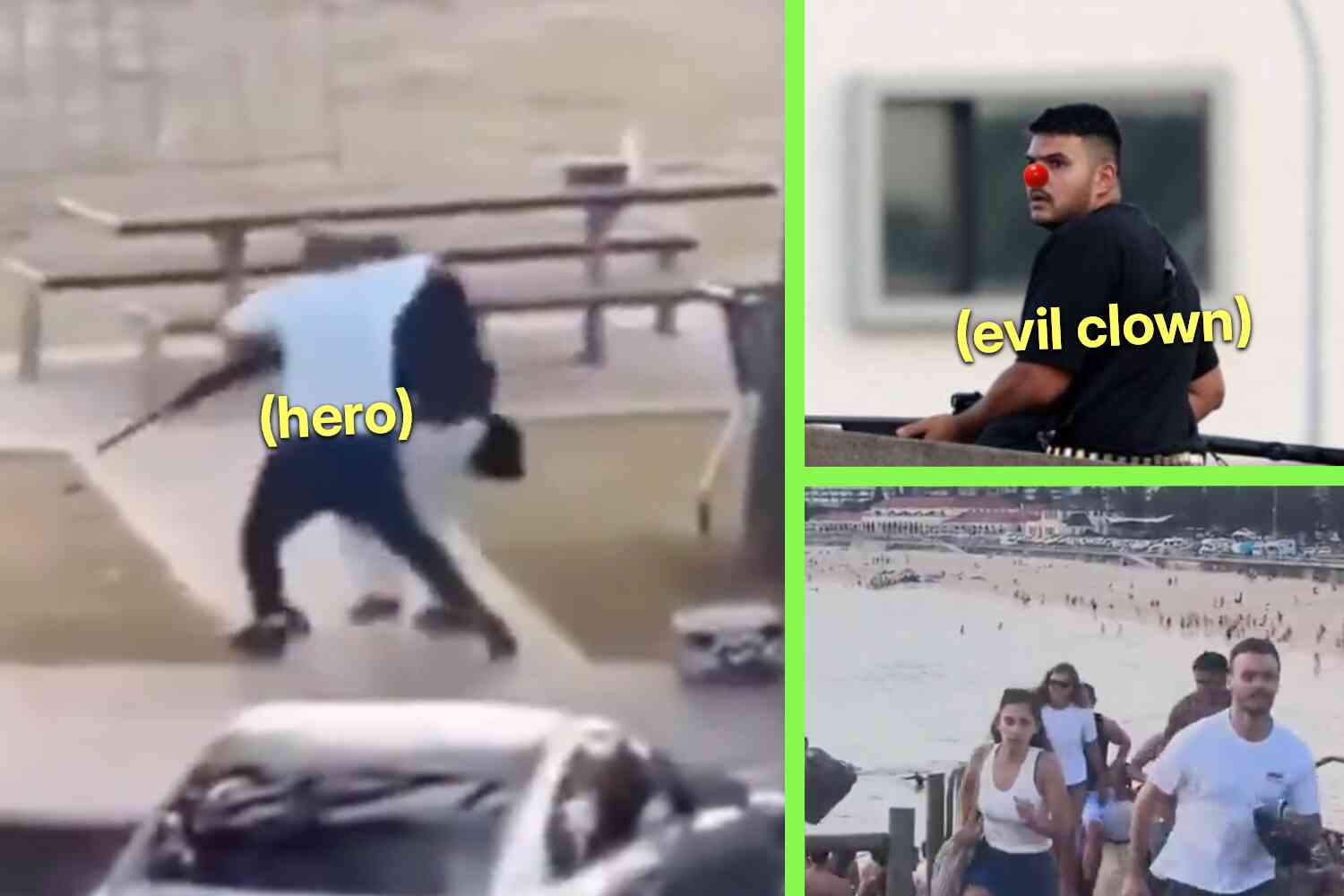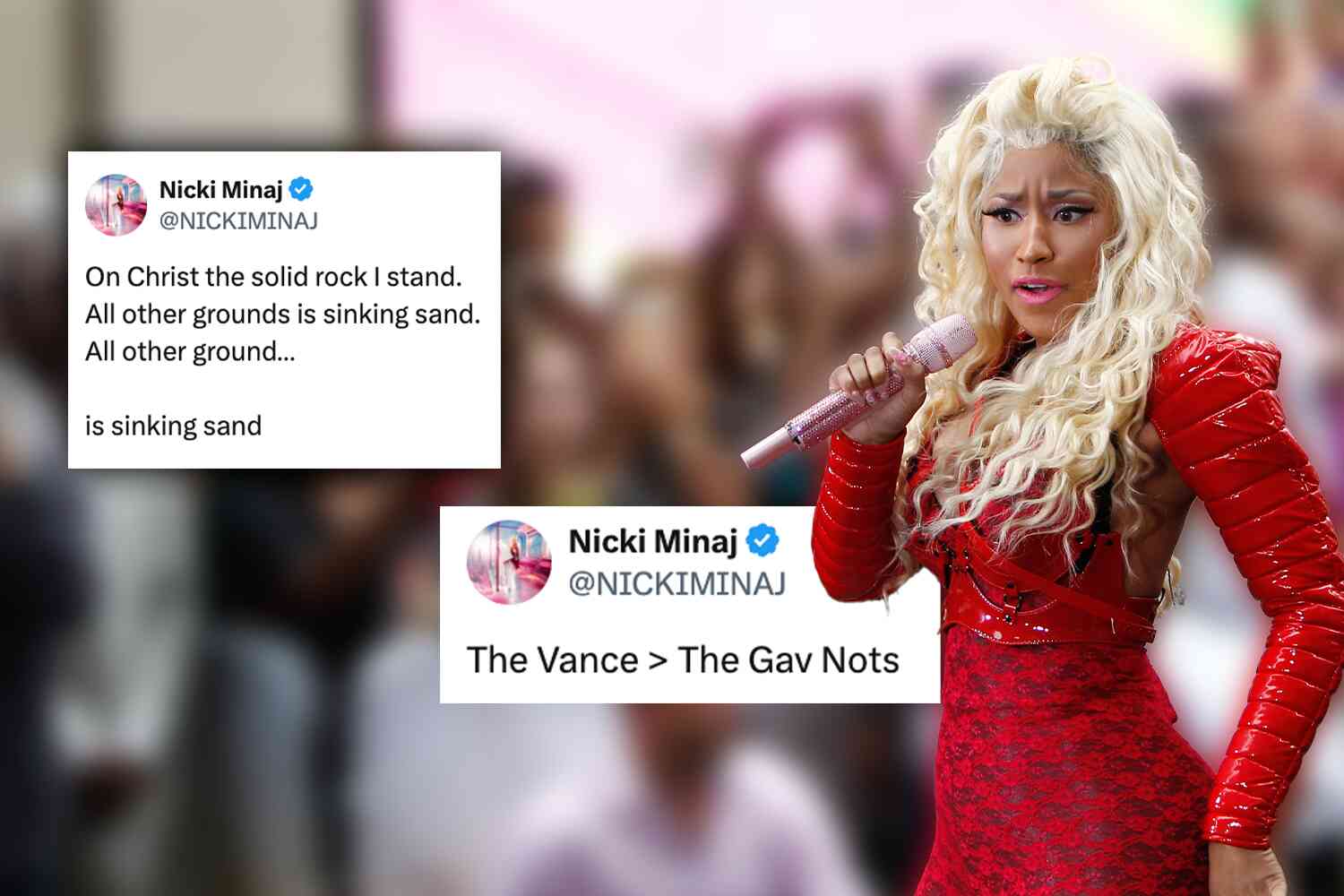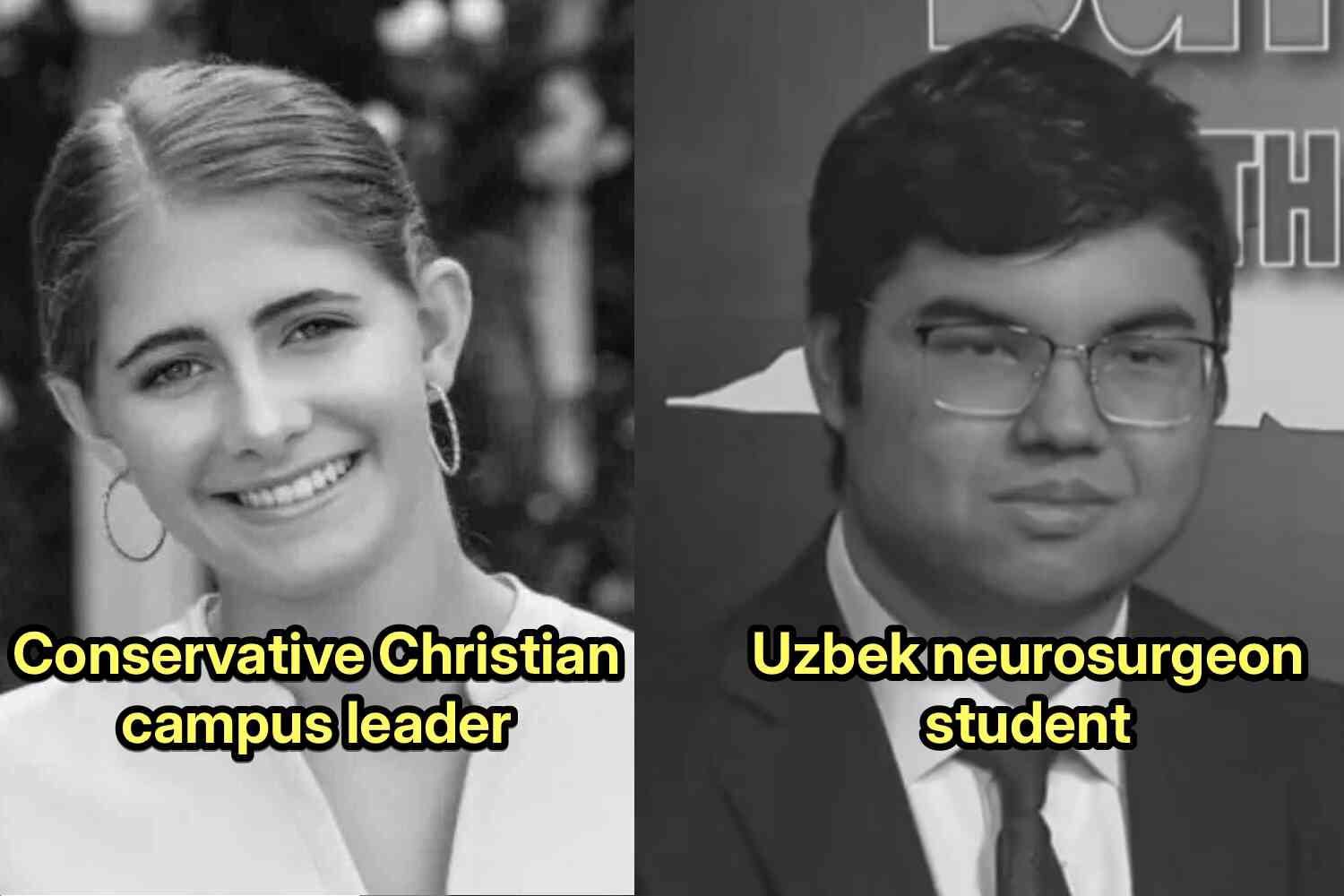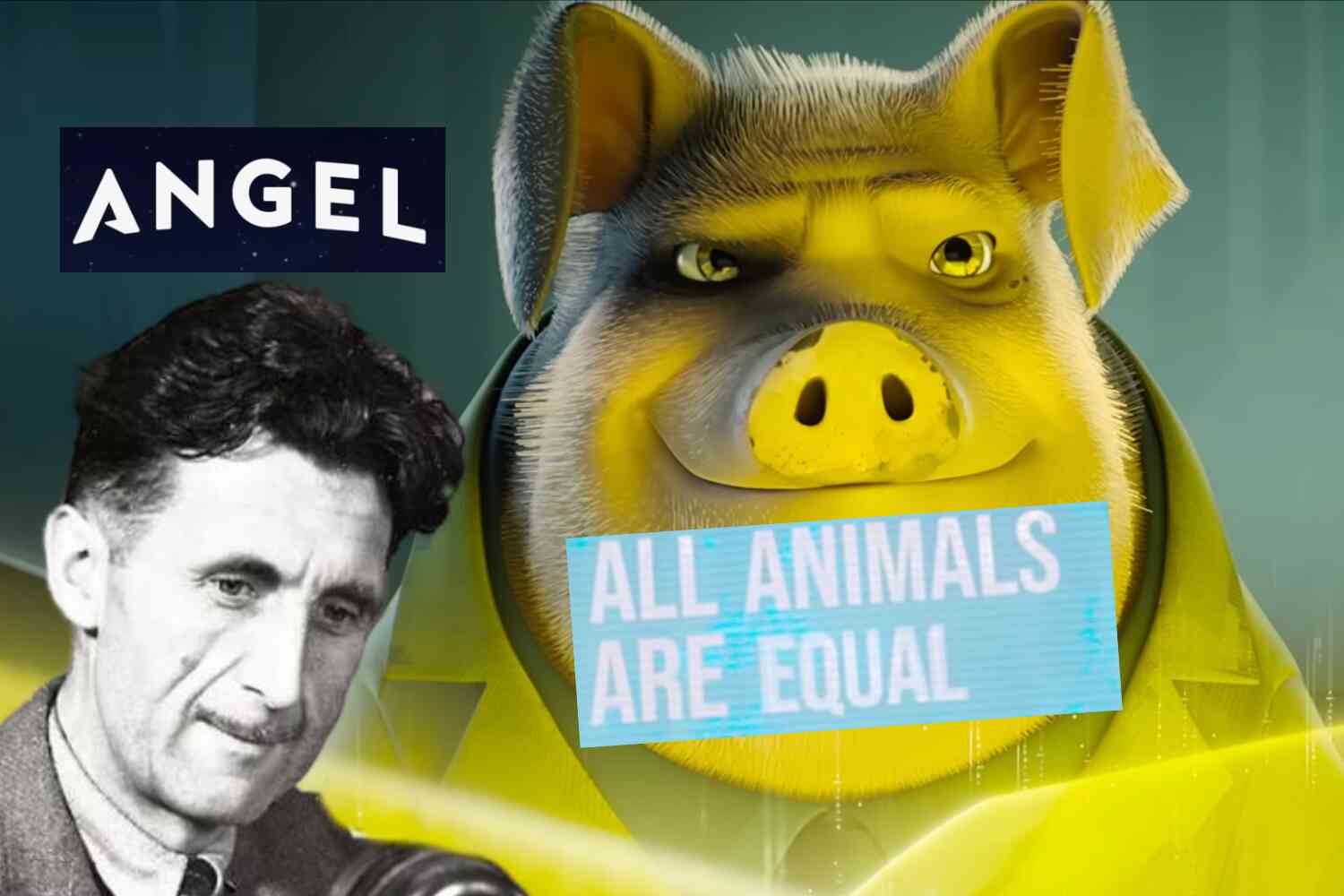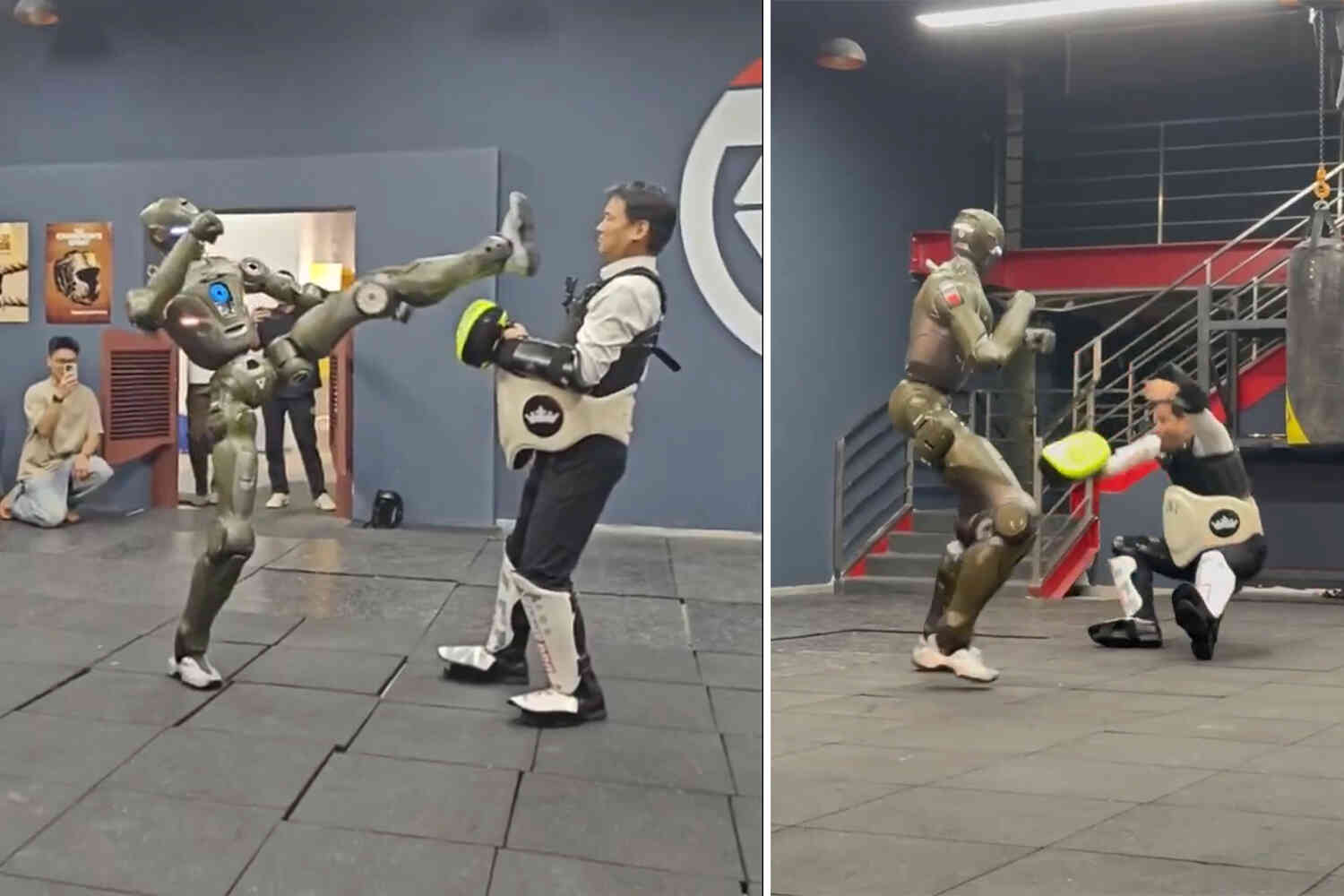The non-fungible token (NFT) craze of the pandemic has all but petered out with investors losing millions of dollars on NFTs of cartoon apes and images of Jack Dorsey's first tweet.
If you're unfamiliar with what a NFT is, think of it as an url with an unbreakable security lock. The craze died out as investors realized they were not getting any rights to the files they were buying NFTs for, just a very complicated link.

However, California is taking the blockchain technology a different route. What if the file at the other end of the link was a government document like your car title?
California just finished testing a blockchain car title system with Oxhead Alpha using Tezos blockchain, and they're not waiting around to consider any drawbacks to transferring the car title system to NFTs.

DMV chief digital officer Ajay Gupta hopes to have the state's entire title database transferred to blockchain within the next three months, with consumer-facing applications following after that. Gupta said,
"Phase I/Foundational phase delivers a production ready/deployed shadow ledger of titles on a private blockchain infrastructure. Once phase III is completed, the title transfer process for peer to peer transfers will be streamlined and ready for a public pilot.
"The use of blockchain will allow for a vehicle title to be a secure digital asset (a non-fungible token) that can be held in a DMV digital wallet. This digital asset eliminates the need for a paper title to be presented and provides for indisputable ownership of the asset."
I'll admit the idea is intriguing. Just like trading bitcoin, every time the car title switches hands, a bit of code is added to the chain, establishing a verified trail of ownership.
One of the problems California hopes to solve with the move to NFTs is that when cars are dinged as lemons, they get a mark on their titles, but when they leave the state and are registered in other states, that lemon designation disappears, and they can come back into the state with clean titles.

However, the crypto world is not nearly as non-fungible as the tech boys would have you believe, and a lot of these companies are full of fraudsters and criminals like Sam Bankman-Fried.
Even the company California is working with, Tezos, ran afoul of federal securities laws by selling unregistered securities in 2017, and the company nearly tore itself apart fighting over all the money they collected selling those securities.
Who knows how this experiment is going to turn out?
Maybe Californians lose ownership of all those fancy Teslas they've been collecting over the last decade.
And then maybe they'll own nothing, and they'll be happy.






